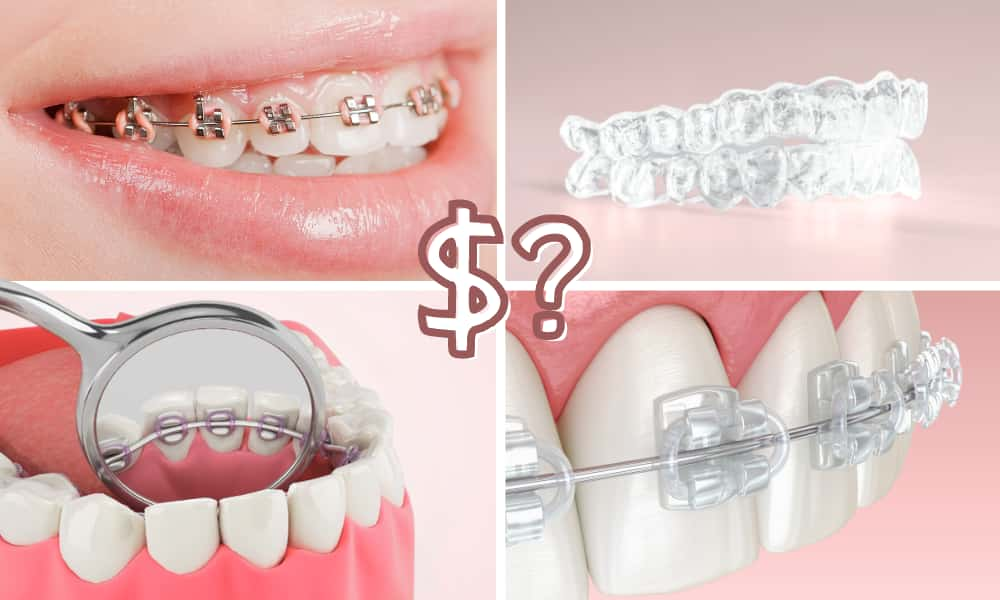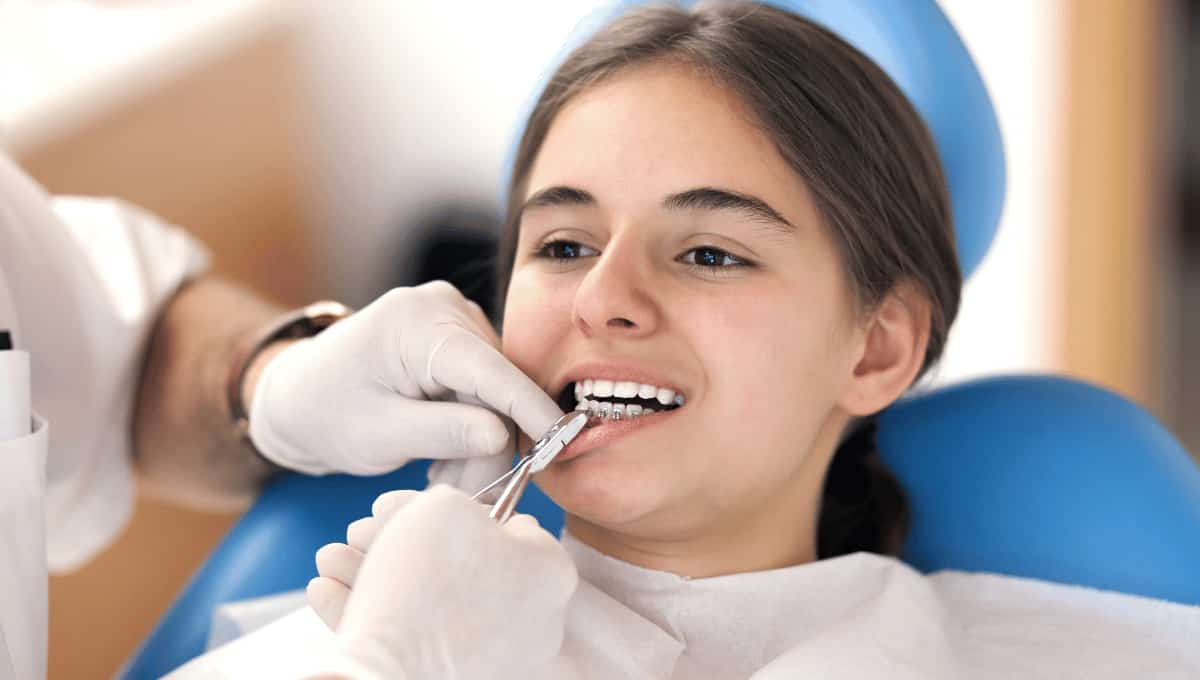What Is the Ideal Age for Teeth Straightening
Identifying the best age for teeth alignment isn't a one-size-fits-all scenario. Rather than adhering to a specific age bracket, eligibility hinges on various factors. These include dental maturity, oral health status, and the complexity of alignment issues.There is actually no maximum age limit for braces. As mentioned above, it depends on the condition of the teeth. Regarding the minimum age, orthodontists typically recommend that children start orthodontic treatment after all their permanent teeth have fully erupted as starting too early could lead to the need for additional treatment later on, as the jaw and teeth continue to grow and develop.
How to Determine If Your Kids & Teens Need Braces
Deciding whether your children should get braces is a significant decision that can impact their overall and oral health. One of the primary indicators of how to know if you need braces is dental misalignment. Look for signs such as crowded or crooked teeth, gaps between teeth, or an overbite, underbite, or crossbite. However, if you’d like to be sure, always refer to a professional orthodontist to assess your child’s teeth condition. The orthodontist will conduct a thorough examination of their teeth, jaws, and overall oral health.Is Teeth Straightening Right for Your Kids & Teens
 Deciding whether to pursue teeth straightening for children and teens is a significant consideration for many parents. While aiming for a straight, healthy smile is common, the suitability of metal braces or any teeth straightening treatment can vary due to several important factors:
Deciding whether to pursue teeth straightening for children and teens is a significant consideration for many parents. While aiming for a straight, healthy smile is common, the suitability of metal braces or any teeth straightening treatment can vary due to several important factors:
Sign 1: Developmental Stage
Your children are still developing, which includes their jaws and teeth. Orthodontic treatment for teens and kids often relies on this growth for optimal results, but the timing is crucial. Starting treatment too early, before enough adult teeth have come in or the jaw is still developing, may lead to prolonged treatment or the need for additional interventions later.Sign 2: Severity of Orthodontic Issues
The type and severity of dental misalignments or malocclusions can dictate the suitability of dental braces for a child or teen. Some conditions may require immediate intervention to prevent more severe problems later, while others might benefit from waiting until more growth has occurred or more permanent teeth have emerged.Sign 3: Oral Hygiene and Responsibility
Braces require meticulous care and maintenance, including regular brushing and flossing to prevent tooth decay and gum disease. Younger children might not yet have the discipline or ability to manage this independently, making less intensive treatments preferable until they are older.
Sign 4: Psychological Readiness
Additionally, it's essential to consider the psychological impact of wearing braces, particularly on teenagers. The presence of braces during adolescence may lead to feelings of self-consciousness and increase the risk of bullying, both of which can significantly impact a teenager's self-esteem. It's crucial to ensure the teenager is psychologically prepared for the process and feels reassured about the journey ahead to safeguard their overall well-being.Sign 5: Physical Health and Allergies
The general health of the child and any potential allergies (such as to metal) must also be considered. For instance, some individuals might have allergies to the nickel in traditional stainless steel braces, though alternatives are available. In some cases, if a child is very young or if the dental issues are minor and not expected to cause functional problems, the orthodontist may recommend monitoring the child's development and delaying treatment until it is more necessary.What Is the Cost of Braces for Kids & Teens
 It's difficult to pinpoint the exact estimation of the cost of braces for kids and teens but it may generally start from RM5,500 to RM10,000. However, this range is influenced by various factors. For instance, the type of braces chosen—whether traditional metal or modern clear aligners—can impact expenses differently.
Moreover, the severity of misalignment plays a crucial role, in affecting treatment complexity and duration, thus influencing costs. Additionally, factors like treatment duration, geographic location, and orthodontist expertise contribute to overall expenses.
Understanding these variables is essential for families to make informed decisions, ensuring that their children receive suitable orthodontic care without facing undue financial strain.
It's difficult to pinpoint the exact estimation of the cost of braces for kids and teens but it may generally start from RM5,500 to RM10,000. However, this range is influenced by various factors. For instance, the type of braces chosen—whether traditional metal or modern clear aligners—can impact expenses differently.
Moreover, the severity of misalignment plays a crucial role, in affecting treatment complexity and duration, thus influencing costs. Additionally, factors like treatment duration, geographic location, and orthodontist expertise contribute to overall expenses.
Understanding these variables is essential for families to make informed decisions, ensuring that their children receive suitable orthodontic care without facing undue financial strain.
After considering these factors, the pivotal decision lies in whether to proceed with orthodontic treatment for your adolescent. If you choose treatment, the next step is selecting the most suitable type of braces for your child's needs. Choosing the right option is crucial to ensure they receive the best care possible. Make the most of the chance to begin orthodontic treatment with a free smile consultation. This consultation offers a tailored assessment to help you decide if orthodontic treatment is right for your children, providing valuable insights to guide their dental care journey.
